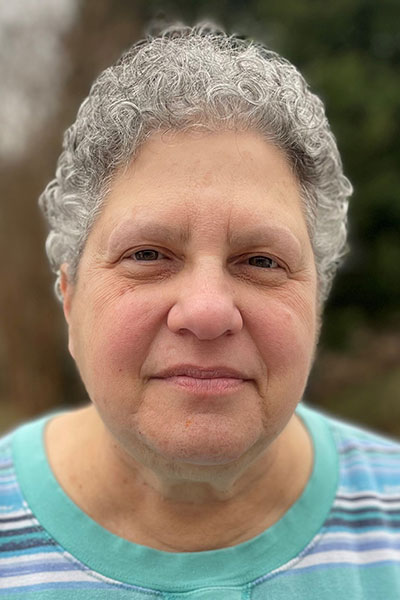
In November 2022, the U.S. Food and Drug Administration approved teplizumab, a CD3-directed monoclonal antibody and the first drug to be approved for the delay and prevention of type 1 diabetes. A special panel discussion at the 83rd Scientific Sessions will focus on teplizumab and other potential treatments for type 1 diabetes prevention and will include perspectives from the research community, clinical practice, and patient advocacy.
The New Normal—Perspectives on Treatment and Trials as Immunotherapies Enter the Type 1 Diabetes Clinical Landscape will take place on Saturday, June 24, at 3:15 p.m. PT in Ballroom 20A-C of the San Diego Convention Center. This session also will be available via livestream for registered meeting participants.
“The approval of teplizumab followed a positive result from a placebo-controlled trial performed by TrialNet in individuals with stage 2 type 1 diabetes,” said Session Chair Ellen Leschek, MD, Program Director in the Division of Diabetes, Endocrinology, & Metabolic Diseases at the National Institute of Diabetes and Digestive and Kidney Diseases (NIDDK). “This trial demonstrated that teplizumab treatment delayed progress to stage 3, or clinically diagnosed, type 1 diabetes by a median of two years.”
Joining Dr. Leschek for the panel discussion will be Kevan C. Herold, MD, the C.N.H. Long Professor of Immunobiology and of Medicine, Yale School of Medicine, and Linda DiMeglio, MD, MPH, Professor of Pediatrics, Indiana University School of Medicine, who will provide the research perspective; clinical practitioners Bryce A. Nelson, MD, PhD, Children’s Hospital of Richmond at VCU, and Kurt J. Griffin, MD, PhD, Sanford Children’s Specialty Clinic; and Annie Schultz, who will provide the patient perspective.
Dr. Leschek said that identifying treatment candidates for teplizumab therapy is a significant challenge for clinicians because screening the relatives of those with type 1 diabetes and the general population is not standard of care.
“Currently, screening is largely done in the context of research studies,” she said. “Further, approximately 90 percent of newly diagnosed individuals with type 1 diabetes do not have a positive family history, so type 1 diabetes is not on the radar of these families, and they would have little reason to seek out screening.”
An additional challenge, Dr. Leschek said, is administering teplizumab, which is complicated because 14 days of infusions are required as well as managing possible adverse events from the drug.
“Also, teplizumab is expensive, and it is unclear whether all insurance companies will cover this therapy,” she said. “And then we have disparities in health care that may prevent many candidates from accessing this treatment.”
While teplizumab represents an exciting start to achieving the delay and prevention of type 1 diabetes in those at high risk for progression to clinical type 1 diabetes, Dr. Leschek said that a single course of teplizumab alone may delay type 1 diabetes but is not likely to be sufficient for prevention.
“There is a need to study additional agents, some of which may prove to be more effective, safe, and durable than teplizumab,” she said. “Additionally, there is a need to study teplizumab, and potentially other drugs, in combination with other agents to achieve a more durable effect and minimize toxicity.”